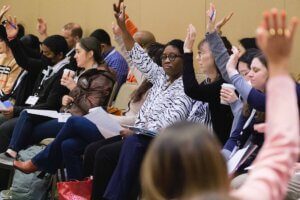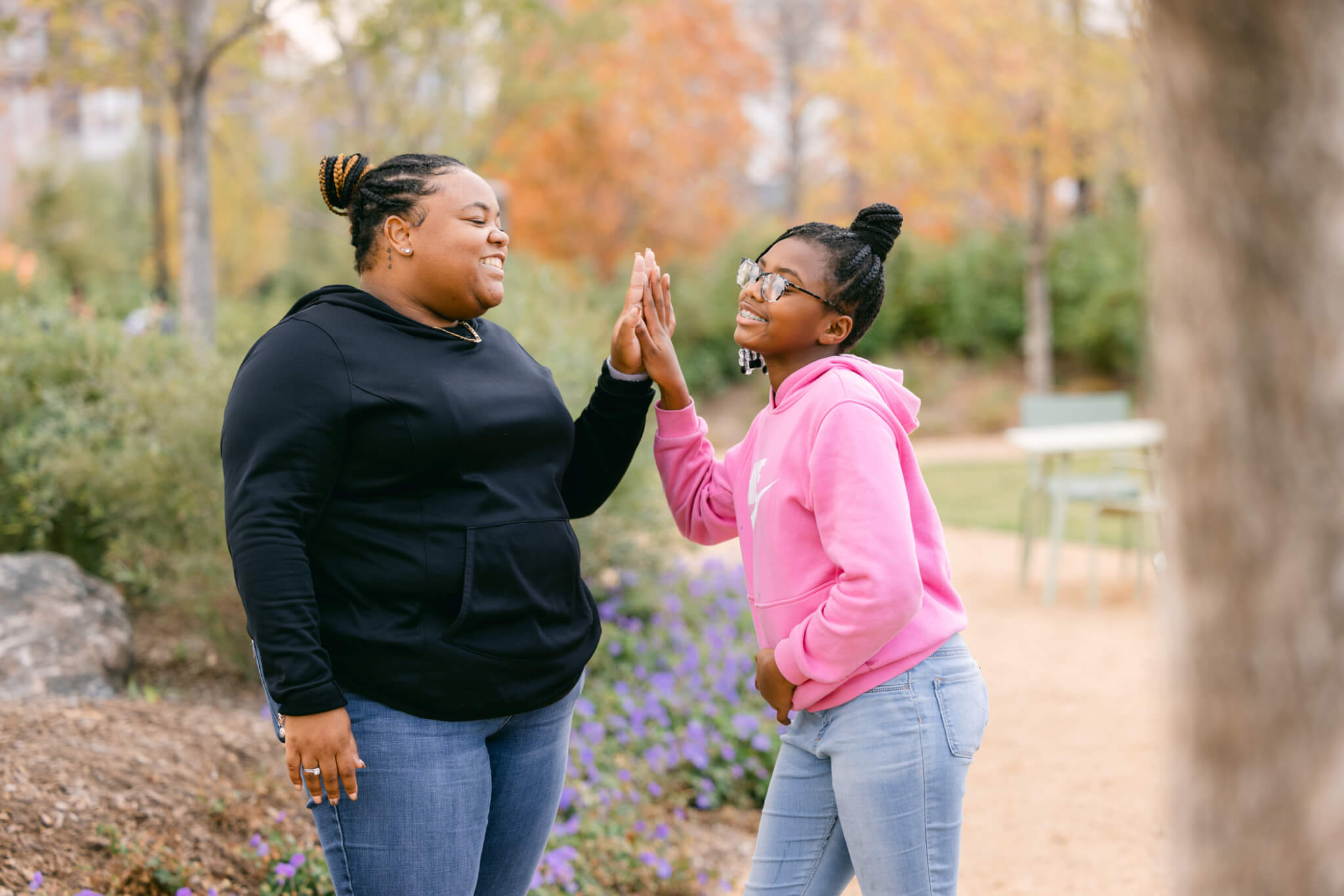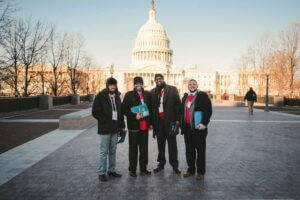Q&A with Baltimore Police Commissioner
October 2014
Introduction by Terry Hickey, CEO of Big Brothers Big Sisters of the Greater Chesapeake and the Maryland Mentoring Resource Center:
Big Brothers Big Sisters of the Greater Chesapeake is an affiliate of MENTOR: The National Mentoring Partnership and part of its nationwide network of Mentoring Partnerships. We have been serving Maryland youth since 1954 helping children and youth reach their fullest potential by building safe and enduring mentoring relationships through best practices, quality standards and professional support. Our results demonstrate that mentoring works – children with mentors demonstrate higher self-confidence, are more likely to earn higher grades, participate more in school, and have a higher sense of self-efficacy. They also tend to avoid risky behaviors like skipping school or using drugs and alcohol.
Our agency is honored to have recently welcomed our new Police Commissioner, Anthony Batts, as a member of our Board of Directors. Like Commissioner Batts, we recognize that mentoring is an essential component of any effective youth development strategy, particularly for those youth who experience violence or other forms of trauma. The Baltimore City Police Commissioner constantly emphasizes mentoring as something he sees as a necessary tool for promoting positive youth outcomes and behaviors, and ultimately as a community stabilizing element. Learn why in this Q&A with the Commissioner.
Baltimore Police Commissioner Anthony Batts
Why is youth mentoring important to you?
I am a product of youth mentoring. At a very early age a person who was wearing a similar uniform to the one I wear now took me under his wing. He was able to keep me on a clear path to success, even when I started to stray. I grew up in a tough area and his mentoring provided the stepping stones for where I am today.
How do you think law enforcement professionals can benefit from becoming mentors themselves?
Mentoring is an amazing opportunity to be reminded why we do this job. Law enforcement is a calling and the vast majority of officers entered the profession to help people. Mentoring provides the opportunity to be reminded of how important the work we do really is.
How can mentoring help reduce youth violence and keep young people on a productive path to adulthood?
Providing a positive role model is critical to stopping youth violence. When a young person is given clear boundaries to work in, and consistent, positive encouragement, they are far less likely to become involved in youth violence.
When people think about mentoring they often think about individual relationships. Can you describe how the benefits of those individual relationships translate into broader outcomes that ultimately make communities safer and stronger?
My own story is a perfect example of just that. The officer who mentored me had a personal relationship with me. His guidance created the path that led to me leading the 8th largest police department in the nation. As we work to make Baltimore safer I can attribute part of my success, and the safety of our citizens, to his mentoring.



